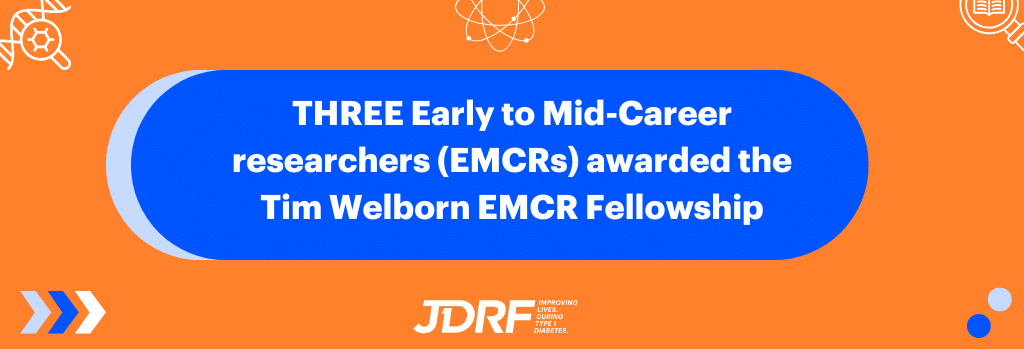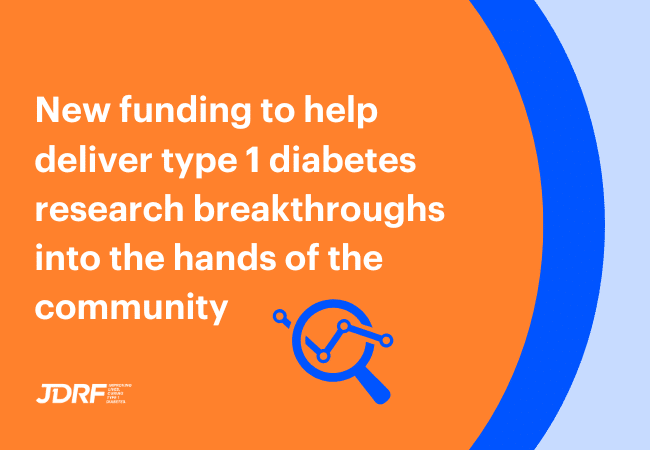Three Early to Mid-Career researchers (EMCRs) awarded the Tim Welborn Fellowship
Three Early to Mid-Career researchers (EMCRs) awarded the Tim Welborn EMCR Fellowship
JDRF Australia is happy to announce that three promising researchers will be supported under the Tim Welborn Early-to-Mid Career Research (EMCR) Fellowship for basic research. This award funds the next generation of type 1 diabetes (T1D) researchers to ensure their career development is supported and breakthroughs occur now and into the future.
Congratulations all!
About the Tim Welborn EMCR Fellowship
The Tim Welborn EMCR Fellowship is named after Professor Tim Welborn AO, a pioneering endocrinologist from Western Australia.
This award is named in recognition of his service to medicine as a clinician and educator, developing and implementing research and education programs that have contributed to the scientific understanding and management of diabetes and other metabolic disorders.
Professor Welborn has a particular interest in developing and nurturing the talent of exceptional up-and-coming basic researchers and investing in their progress.
Dr Tim Welborn has been at the forefront of diabetes research in this country for decades. JDRF wants to honour his achievements through this Fellowship, ensuring succession planning of the greats like Dr Welborn.
– Dr Dorota Pawlak, Chief Scientific Officer, JDRF Australia
About the Fellows
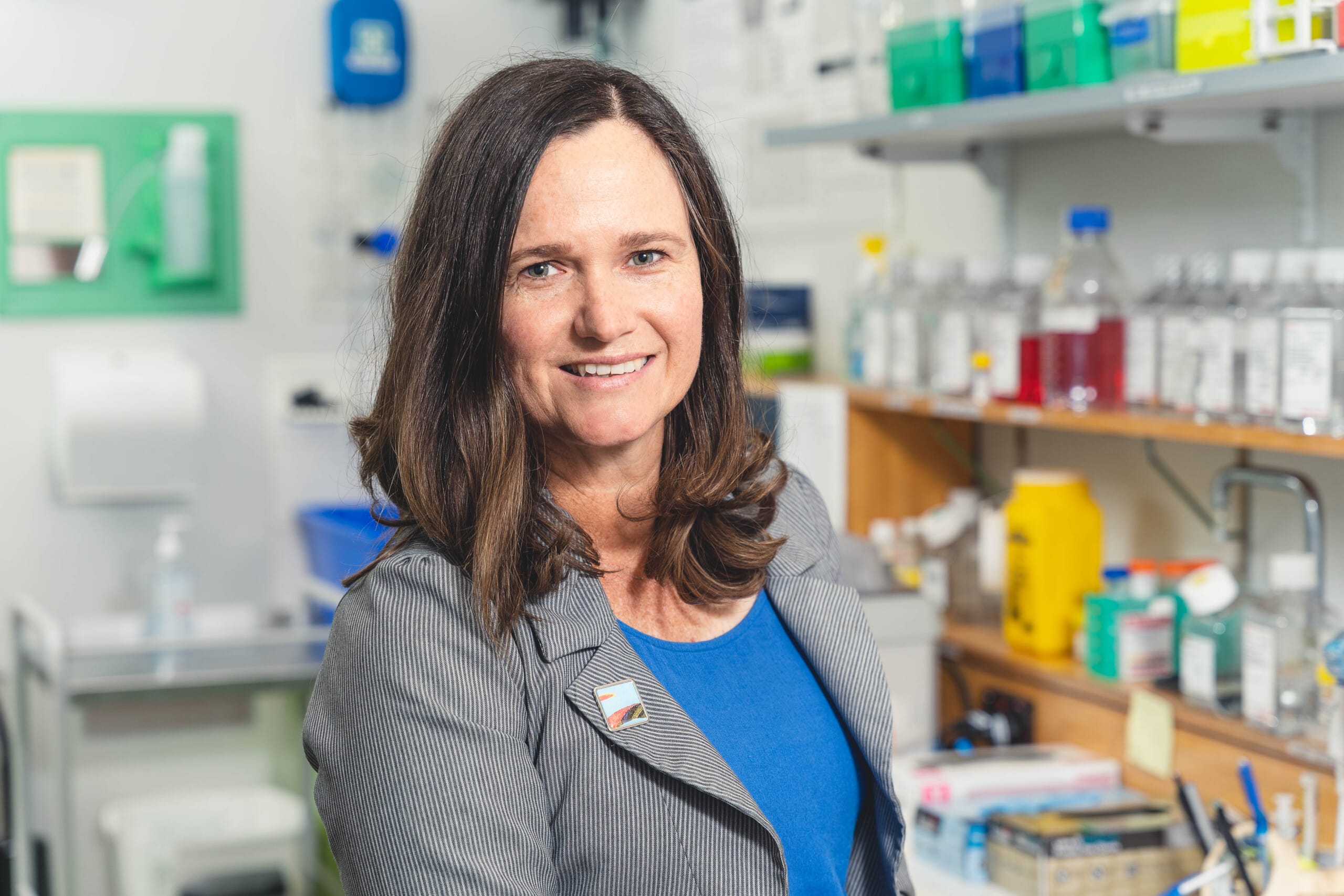
Dr Claire Jessup – Flinders University
About Dr Jessup
Dr Jessup heads the Immunomodulation Laboratory at the College of Medicine and Public Health at Flinders University. Dr Jessup’s work focuses on using the immune system to address complex diseases such as cancer and T1D. Her research encompasses a range of interests in immunology, gene therapy, and islet transplantation.
About the project
In T1D, the immune system mistakenly attacks the insulin-producing beta cells of the pancreas. This is largely driven by a type of cell called T cells of the immune system. Dr Jessup’s project is investigating how altering molecules in these T cells may turn off the immune attack in T1D, potentially delaying or even preventing T1D in at-risk individuals.
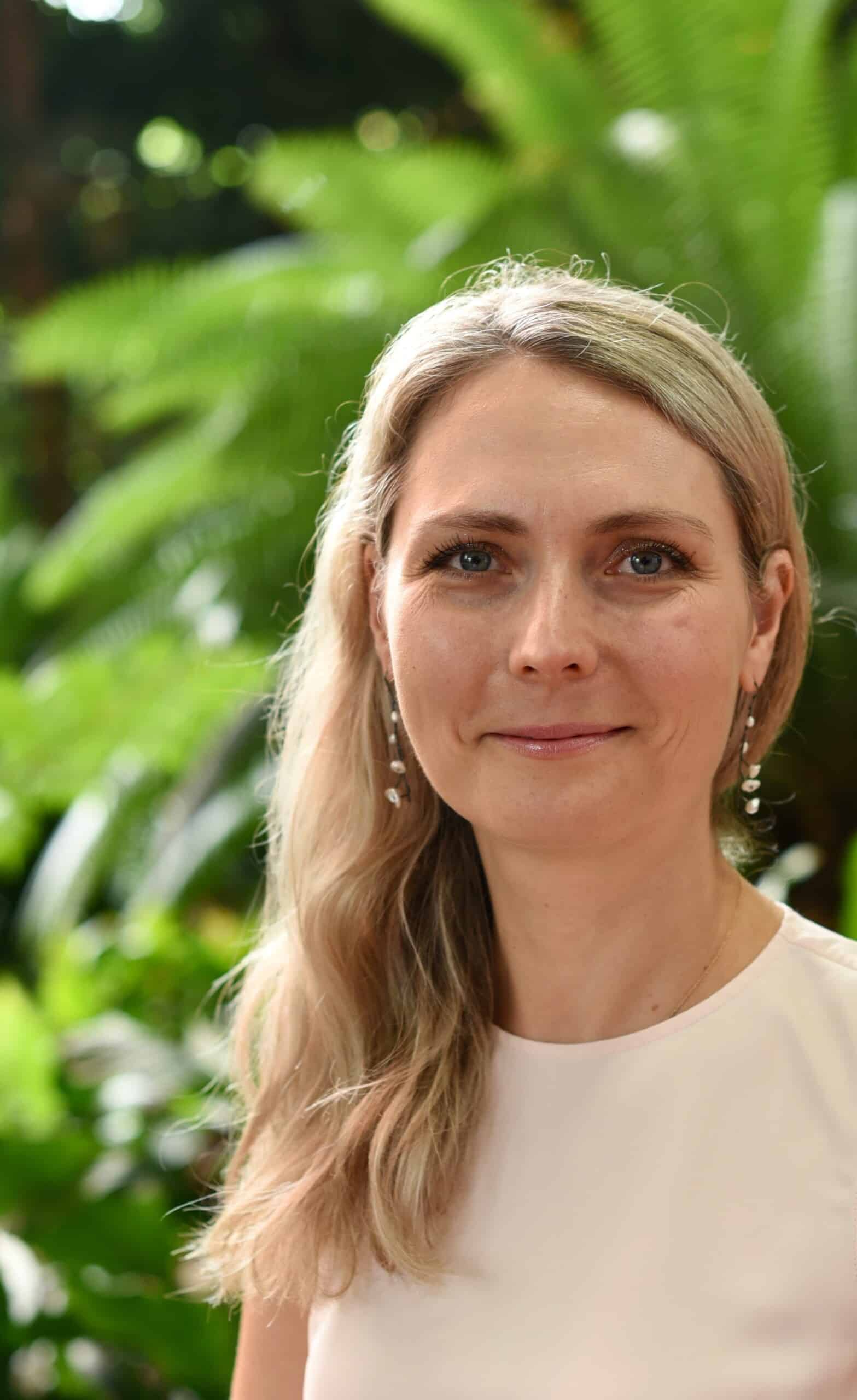
Dr Irina Buckle – Mater Research Institute, University of Queensland
About Dr Buckle
Dr Buckle is a Postdoctoral Research Fellow at the Mater Research Institute, affiliated with The University of Queensland. Dr Buckle’s research aims to develop therapeutics to prevent and treat T1D. She has received numerous awards, including an Australian Postgraduate Award and JDRF International Travel Award, and has published extensively on immunotherapy and diabetes.
About the project
Dr Buckle will look at ways to dampen the immune system’s attack on beta cells in T1D. She will focus on developing new preclinical models which may better represent T1D development in humans and test them with a new, oral therapy with the potential to slow down or prevent T1D.
Learn more about Dr Buckle and her additional projects at this link. Listen to Dr Buckle talk about her work in this technical presentation (minute 17).
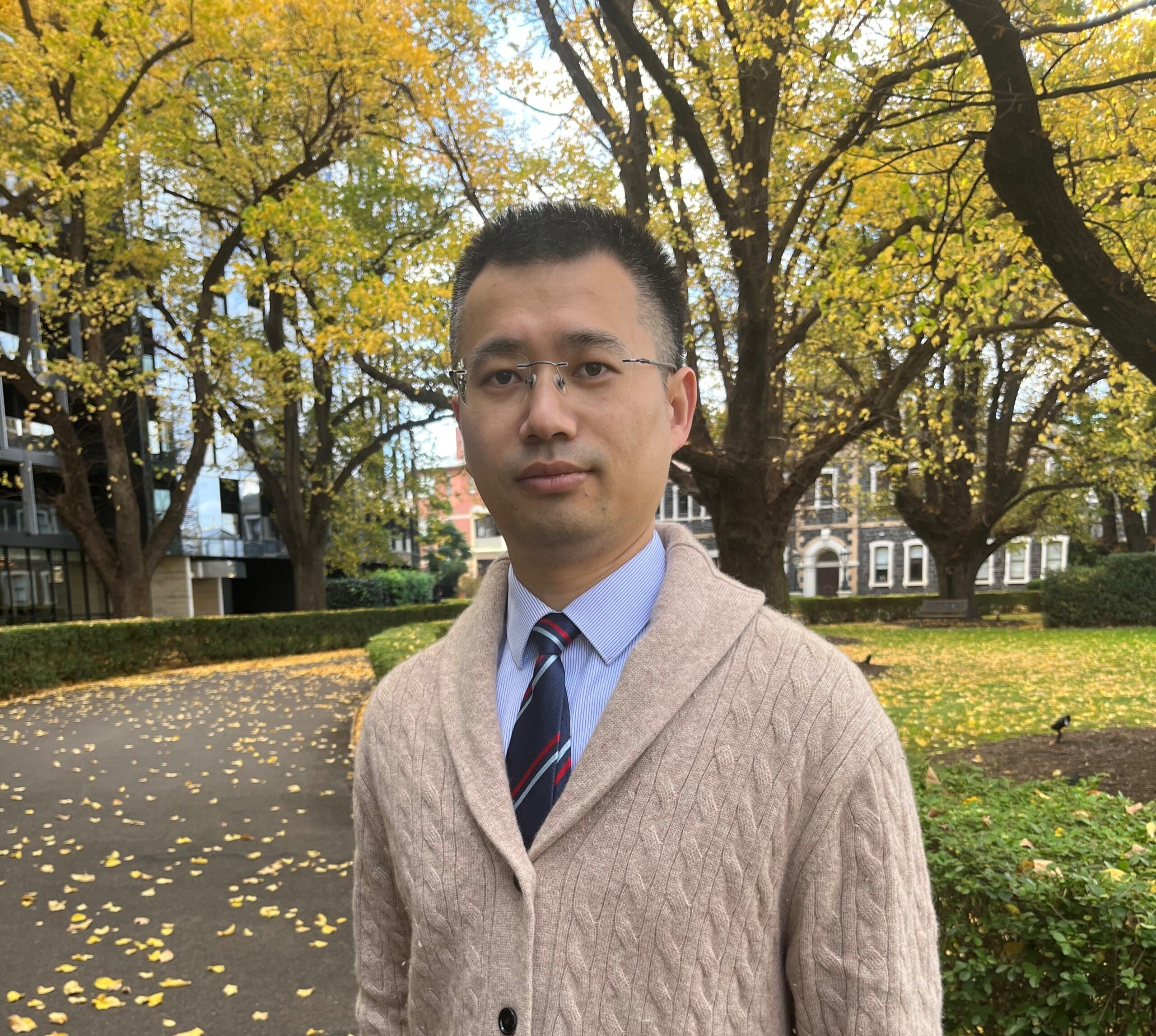
Dr Rong Xu – Monash University
About Dr Xu
Dr Rong Xu is a Research Fellow at Monash University’s Australian Centre for Blood Diseases. His expertise includes nanomedicine and biomedical engineering. Dr Xu’s current research focuses on developing innovative glucose-responsive insulin delivery systems for T1D, aiming to reduce the frequency of injections and improve blood glucose control. His work has gained significant recognition, including the Diabetes Australia Millennium Award and the Monash Future Leader Postdoctoral Fellowship. Dr Xu has published extensively in high-impact journals, contributing to advancements in diabetes treatment and nanotechnology.
About the project
Dr Xu will undertake work on a new formulation of insulin which responds to rising blood sugar levels and more closely mimics the natural action of the pancreas. This new formulation is called a ‘glucose-responsive nano sugar’ and has been shown in preclinical models to extend the life of insulin to three days, lowering the number of injections required and reducing the number of dangerous hypoglycaemic events. Successful outcomes for this research would improve the quality of life for those living with T1D.
Learn more about Dr Xu’s research.
The Type 1 Diabetes Clinical Research Network
JDRF Australia’s funding for these projects has also been supported through Type 1 Diabetes Clinical Research Network (CRN). This is the main vehicle for funding T1D research in Australia and has been supported through Government investment over the past decade. It is currently funded until the end of 2024.

